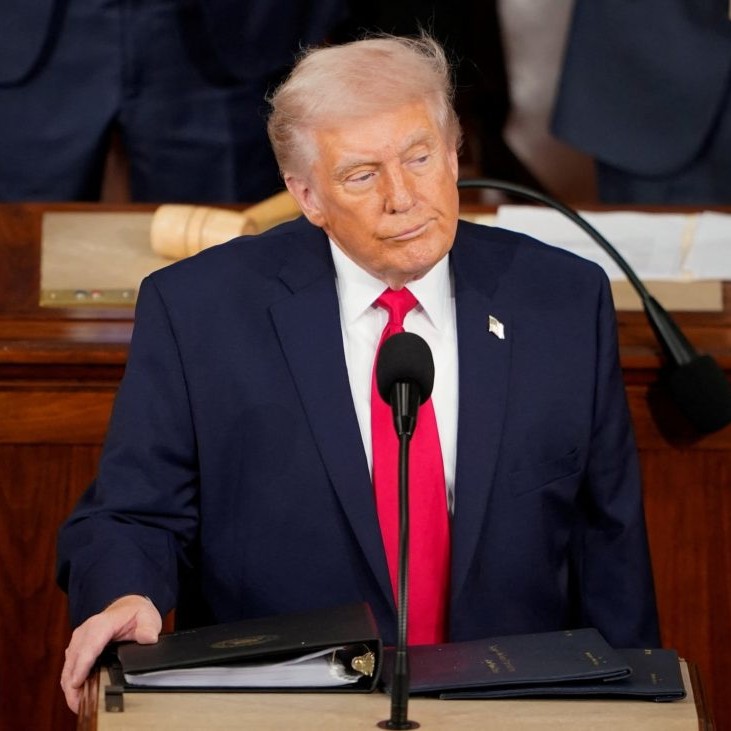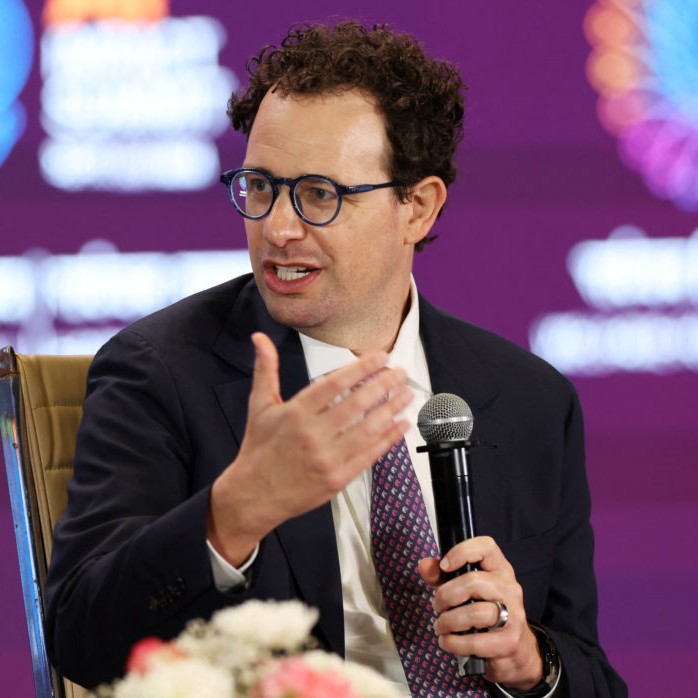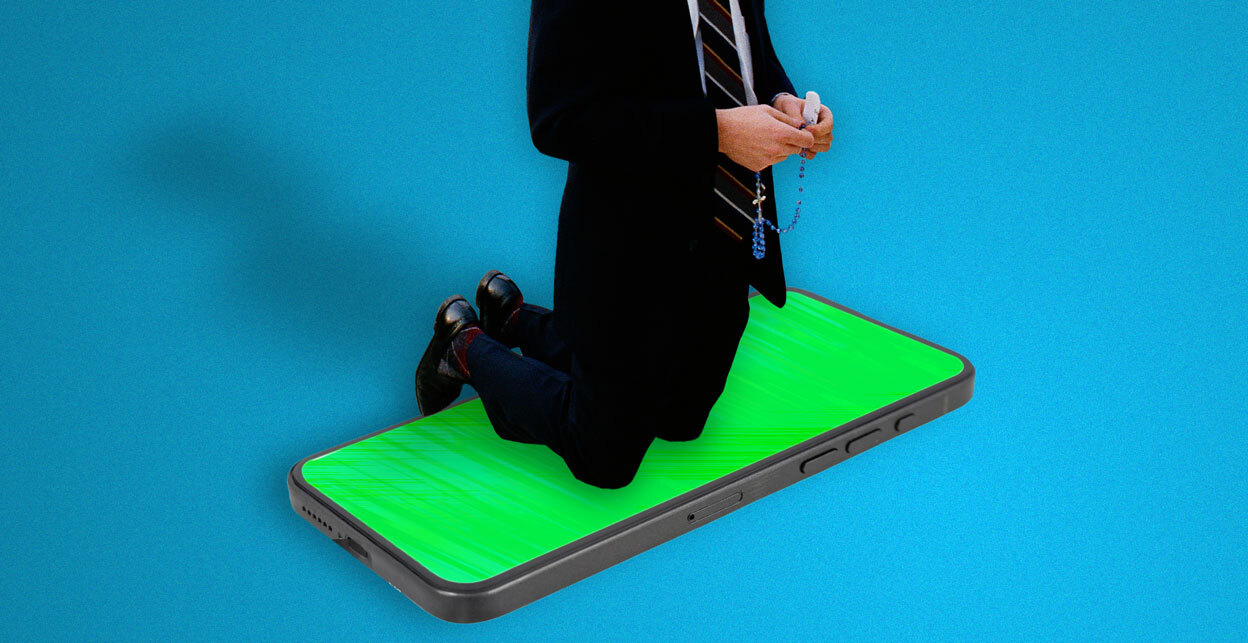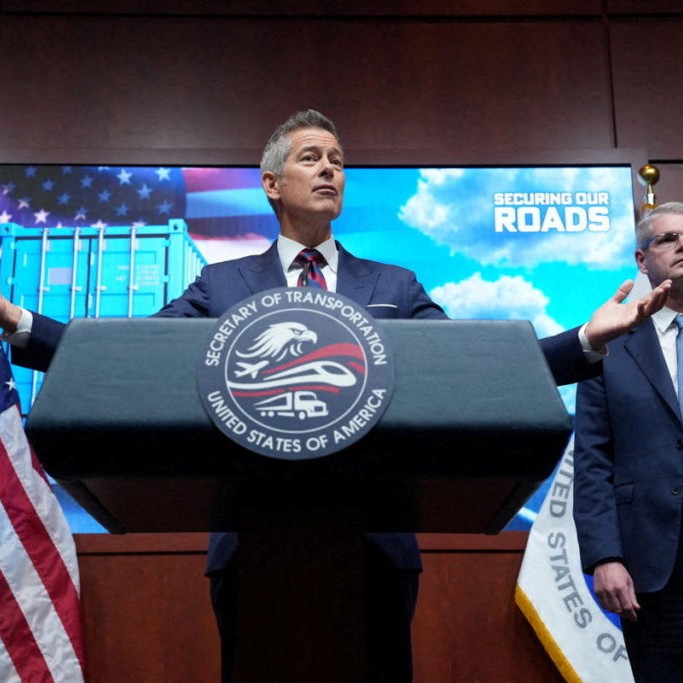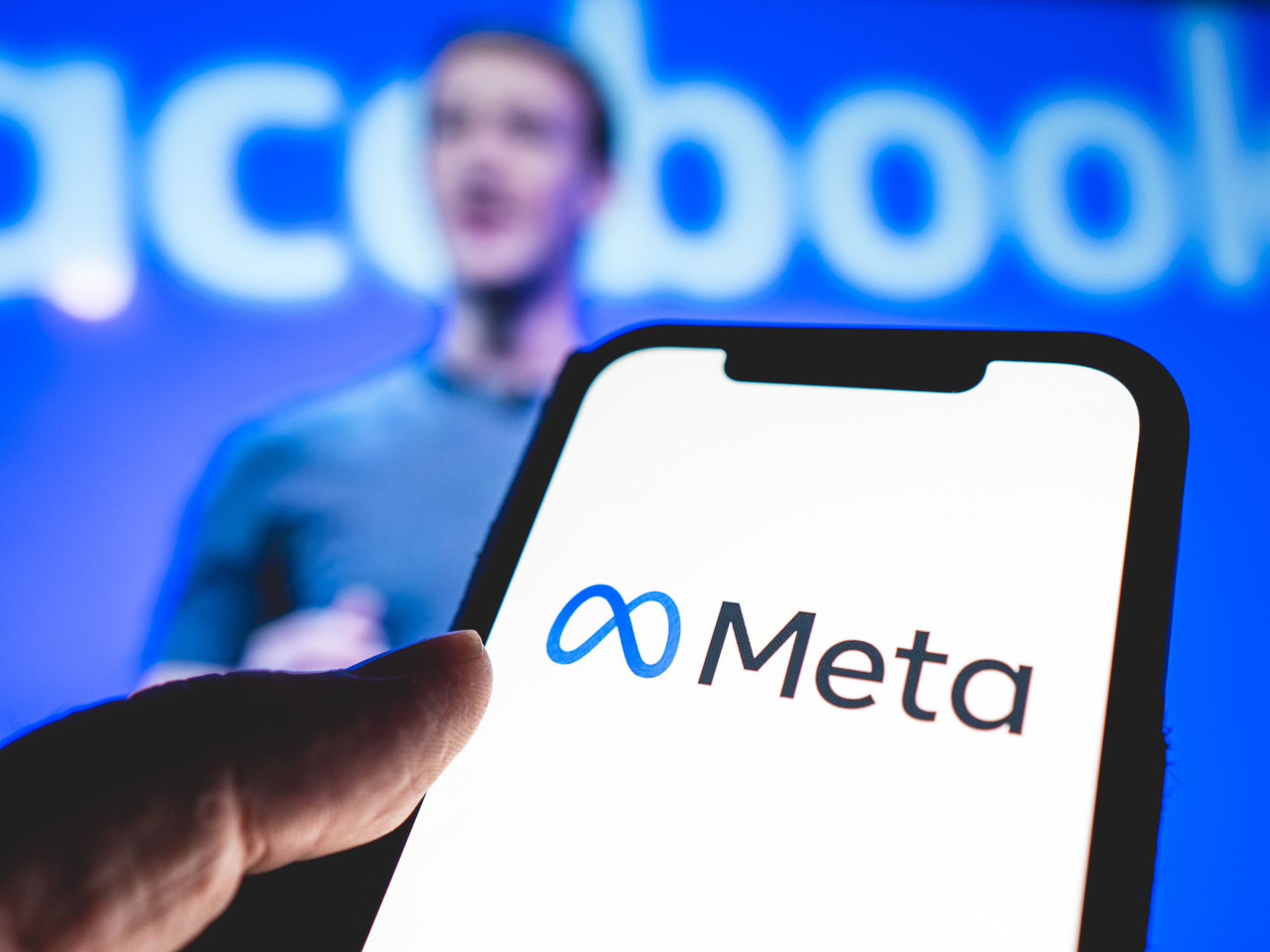
Facebook® has officially ended its U.S. fact-checking program, and that sound you hear? It’s millions of clicks stampeding toward viral misinformation — now potentially with a cash bonus. With just one policy change, Mark Zuckerberg stripped away the last guardrail between users and a tidal wave of rumors, hoaxes, and AI-fueled nonsense.
Meta Pulls the Plug — And Hands the Mic to the Crowd
On April 7, Meta® shut down its third-party fact-checking system across all U.S. platforms — including Facebook, Instagram®, and Threads®. That means no new labels, no fact-checking partnerships, and no penalties for misinformation. In its place, Meta is rolling out “Community Notes,” a user-driven system that allows users to append context to posts — if those posts even get flagged in time, according to Fox Business.
The decision wasn’t a surprise. Meta first hinted at the shift back in January. CEO Mark Zuckerberg said the company would start prioritizing free expression over policing content, calling the new approach less biased and more scalable. “We’re going to get back to our roots and focus on reducing mistakes, simplifying our policies and restoring free expression on our platforms,” said Meta CEO Mark Zuckerberg, as reported by The Hill.
But critics say Meta is taking down a fence before the new one’s been built — and hoping the crowd can play cop.
Fake News Could Be Profitable Again
If you’re wondering what replaced the guardrails, the answer might shock you: cash incentives. Around the same time Meta announced the end of fact-checking, it also began overhauling its content monetization strategy — with a renewed focus on rewarding high-engagement posts. The result? Critics speculate viral creators could get paid for riling people up, even if their content turns out to be false or misleading.
That’s not theoretical. Facebook pages that previously faced restrictions for posting false claims might soon be able to cash in.
There’s a long history of false posts. In a now famous Facebook post by the account “NO Filter Seeking Truth,” they made this false claim after Trump’s inauguration: “BREAKING — ICE is allegedly offering $750 per illegal immigrant that you turn in through their tip form… Cash in folks,” as reported by ProPublica.
Fact-checkers debunked the claim, and Facebook added labels to posts warning that they were false. Under the old system, creators like this couldn’t earn payouts. Under the new one? The doors might be wide open.
Facebook and Real-World Fallout
This change isn’t just a digital issue — it’s a physical one. Facebook rumors have repeatedly sparked real-world harm:
– In 2016, a false claim that Hillary Clinton ran a child abuse ring in a Washington pizza shop led a man to fire a rifle inside the restaurant.
– That same year, fake stories from sites in North Macedonia spread virally on Facebook during the U.S. presidential election.
– In 2021, the ICE bounty hoax — which was debunked by multiple outlets — went viral again just hours after Donald Trump was sworn in as president.
Meta previously labeled such posts with warnings and blocked them from being monetized. Now, with the end of third-party fact-checking, pages that spread viral falsehoods may be rewarded with payouts — if they get enough likes, shares, and comments.
Who Still Gets Their News From Facebook?
Simply put… a lot of people. According to a Pew Research Center survey, about 18% of U.S. adults say they prefer to get their news from social media. That’s tens of millions of Americans — many of whom aren’t fact-checking what they see in their feeds.
For many, Facebook is the front page of the internet. But with algorithms now tuned to amplify viral engagement rather than truth, that front page could become a bulletin board of sensational lies.
What’s Zuckerberg Saving — And What’s He Risking?
Meta has spent over $100 million on fact-checking and moderation efforts since 2016. Ending the U.S. program won’t erase all those costs, but it trims millions from operational expenses. Still, for Zuckerberg — who is worth over $110 billion — the savings amount to less than 0.03% of his wealth.
In other words: he saves a sliver, while risking a flood of falsehoods and potentially worse.
The company has declined to answer whether content flagged by Community Notes will be disqualified from monetization. Critics argue the current rollout feels rushed and under-resourced. Jeff Allen, the chief research officer of the nonprofit Integrity Institute and a former Meta data scientist said, “We could in theory have a Community Notes program that was as effective, if not more effective, than the fact-checking program,” as reported by ProPublica. “But to turn all these things off before you have the Community Notes thing in place definitely feels like we’re explicitly going to have a moment with little guardrails,” he continued.
Can Community Notes Fill the Void?
Zuckerberg claims the new system will lead to broader, fairer moderation. Community Notes will allow users to add context, with an algorithm deciding which notes get published. But this approach hasn’t worked seamlessly elsewhere. On X, formerly Twitter, notes have repeatedly failed to keep up with fast-spreading hoaxes. Even during the Israel-Hamas conflict, researchers found that many misleading or false posts went uncorrected or were flagged days later — after millions had seen them.
Meta admitted the feature is still in testing. In the meantime, it’s already killed the existing guardrails — meaning we’re in a phase of click first, maybe fact-check later.
Was This Personal?
There’s one final wrinkle. In January, shortly before Meta’s announcement, Zuckerberg visited Mar-a-Lago to meet with President Trump. He later donated $1 million to Trump’s inauguration fund and joined a group of tech billionaires for the swearing-in ceremony.
For years, Trump criticized Facebook for banning him after the Capitol riots. He even sued Facebook’s parent company, Meta, which Meta settled out of court with a $25 million payment just after Trump returned to power. $22 million of that settlement will be directed to Trump’s presidential library.
Whether that’s coincidence or strategy, one thing’s clear: the world’s largest social network is stepping out of the truth business. And Zuckerberg? He’s saving money, mending fences, and maybe even shaping the next viral storm — one rumor at a time.
References: Meta fact-checking program to officially end Monday |
As Facebook Abandons Fact-Checking, It’s Also Offering Bonuses for Viral Content | Meta announces it will officially end fact-checking across its US platforms | News Platform Fact Sheet | Meta agrees to pay Trump $25 million to settle lawsuit over Facebook and Instagram suspensions
